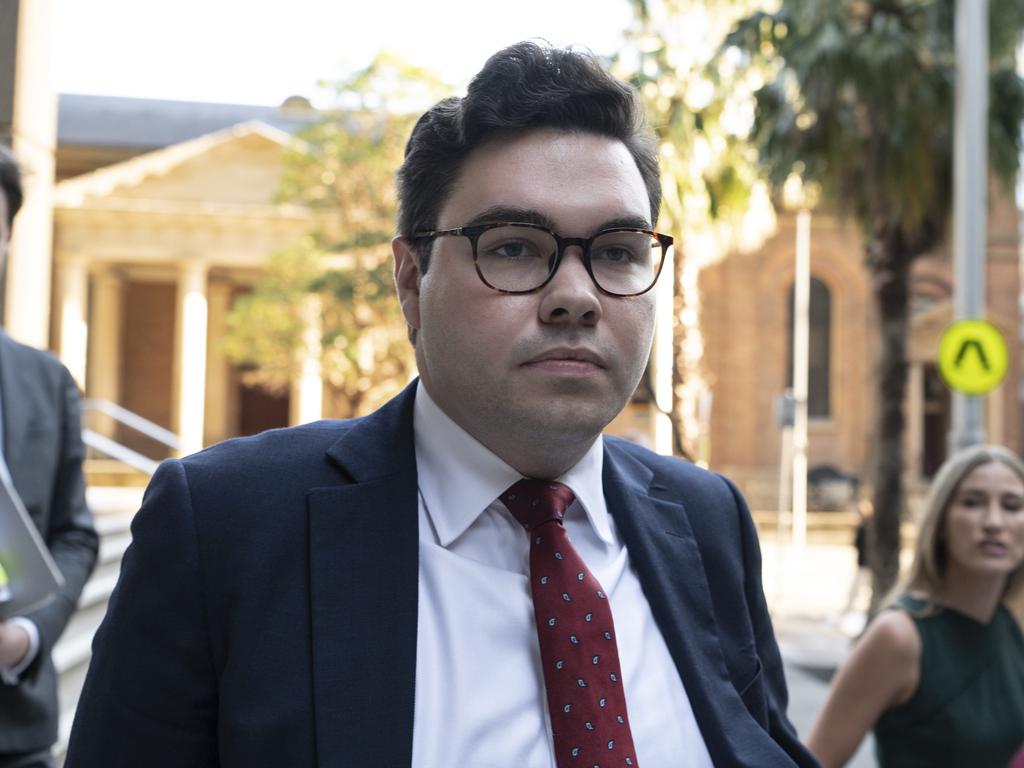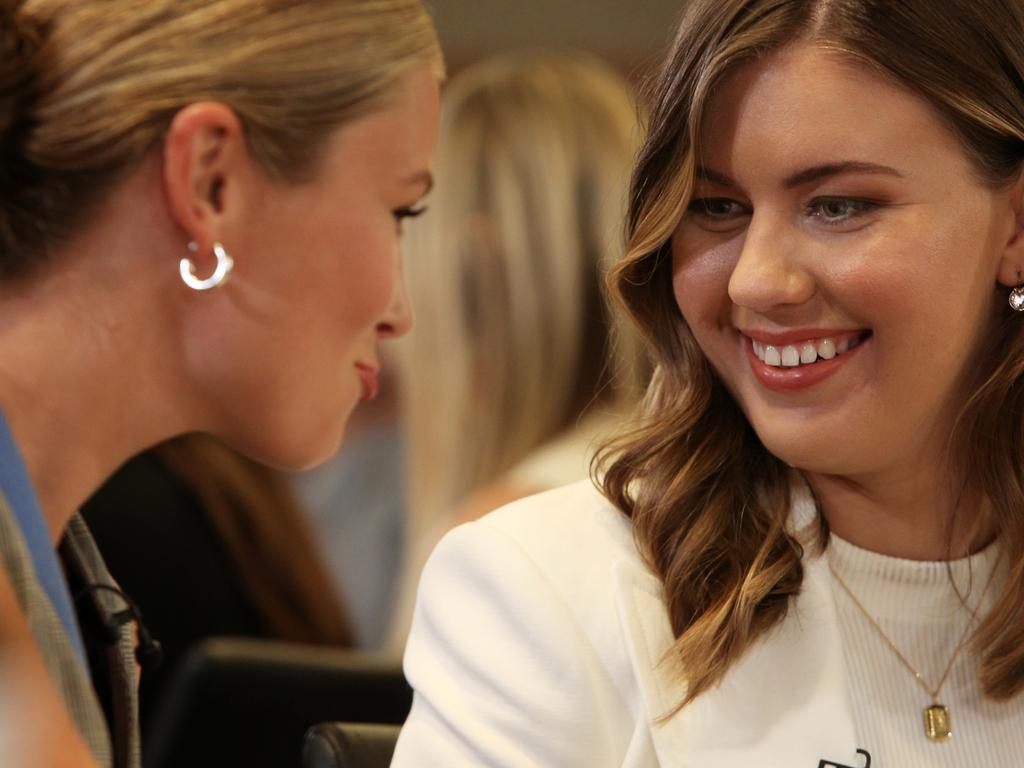Jury-less rape cases could compromise fair trials, Law Council of Australia says
Scrapping juries in sexual assault trials to stop societal ‘rape myths’ from infiltrating courtrooms could hinder the administration of justice, the Law Council of Australia says.

Scrapping juries in sexual assault trials to stop societal “rape myths” from infiltrating courtrooms could compromise a defendant’s right to a fair trial and hinder the administration of justice, the Law Council of Australia has declared.
In extraordinary comments responding to a legal movement to reshape the administration of trials in the wake of MeToo, president Luke Murphy said laws that modified the right to a trial by jury should be passed only after “informed discussion and extremely careful consideration”.
Mr Murphy’s comments come after The Australian revealed the Attorney-General’s blueprint to overhaul the justice system’s approach to sexual assault included a suggestion for greater research into jury-less rape trials as a means to prevent rape myths – false beliefs about sexual violence – from affecting verdicts.
He said while “victim-survivors” of sexual assault were at a “particular disadvantage” to other witnesses in criminal trials, the right to a fair trial by jury must be a fundamental legal principle.
“The right to a fair trial by jury, unless the accused consents to a judge-only trial, remains a fundamental part of the system of criminal justice in Australia, and provides a mechanism for the community to play an important and direct role in the administration of justice,” he said.
“Therefore, any laws that modify the right to a trial by jury require informed discussion and extremely careful consideration.”
Mr Murphy said the Law Council was “highly supportive” of education designed to “challenge and address ill-conceived and flawed understandings of consent and sexual violence”.
“Improved community awareness of these matters flows through to juries in criminal proceedings, who with the support of appropriate directions will be better placed to identify rape myths or misconceptions,” he said.
The government blueprint, commissioned by Attorney-General Mark Dreyfus’s department and the Australasian Institute of Judicial Administration, was given to state and territory attorneys-general as part of a five-year plan to improve justice for rape victims.
It recommends more research into jury-less trials, despite a pilot program in Scotland being widely criticised by the local legal fraternity and various bar associations saying they would boycott the pilot as it infringed on defendants’ rights to fair trials.
Mr Murphy said he would encourage research into what jurors do not understand during the criminal trial process to “gain more informed insight”.
“Juries must be properly instructed as to legal principles which are, or may be, relevant to determining the particular facts of the case and the application of the law to those facts,” he said.
“Jury directions play a powerful educative role by clarifying the law and legal standards of behaviour required in the context of sexual relations and are important mechanisms by which myths and misconceptions about consent can be addressed.”
The removal of gowns and wigs, remote evidence facilities and a crackdown on “inappropriate” questioning from defence counsel were cited in the blueprint as areas of opportunity to assist sexual assault complainants.
“The Law Council is supportive of measures that will provide defence counsel with the expertise to test a complainant’s evidence in a manner that reduces the risk of re-traumatisation, noting that there are strict legal limitations and professional obligations that restrict what the defence can ask during cross-examination,” Mr Murphy said.
“While not mandatory, the provision of specialised professional education that is specific to engaging with vulnerable individuals (including witnesses) in an effective, ethical and professional manner is offered by state and territory peak bodies, and routinely taken up by defence counsel.”
Mr Murphy’s comments come as the Australian Law Reform Commission gears up to launch a two-year inquiry into the way the criminal justice system treats sexual assault victims.
The inquiry, announced in the 2023 federal budget, will engage a “lived experience” expert advisory group to “ensure that victim-survivors’ voices and live experiences are centred in justice responses to sexual violence”.
The government has also commissioned RMIT to study alternative reporting mechanisms for sexual assault complainants “who may not wish to engage directly with police or formal criminal justice processes”, according to the Attorney-General department’s annual progress report.








To join the conversation, please log in. Don't have an account? Register
Join the conversation, you are commenting as Logout